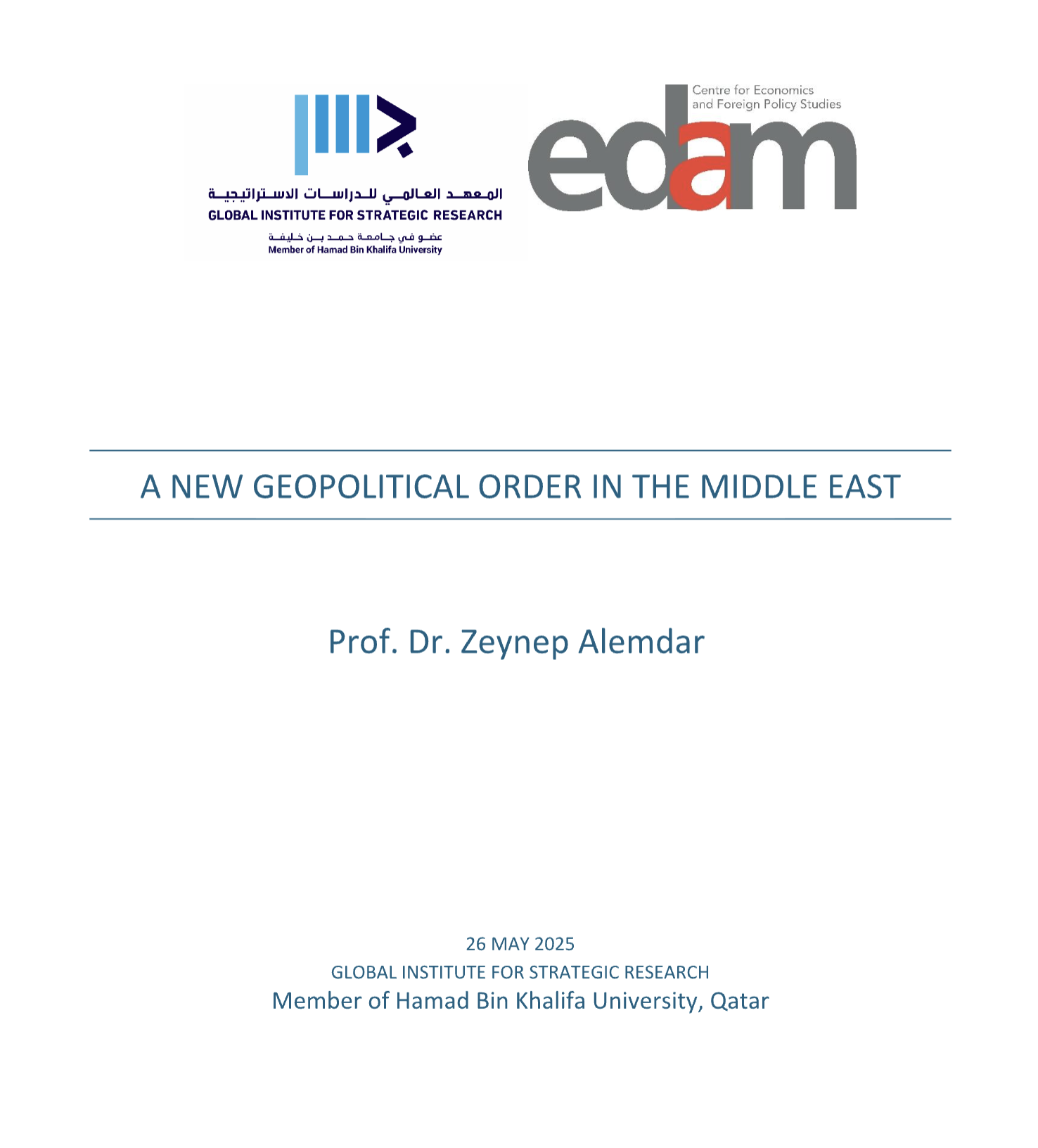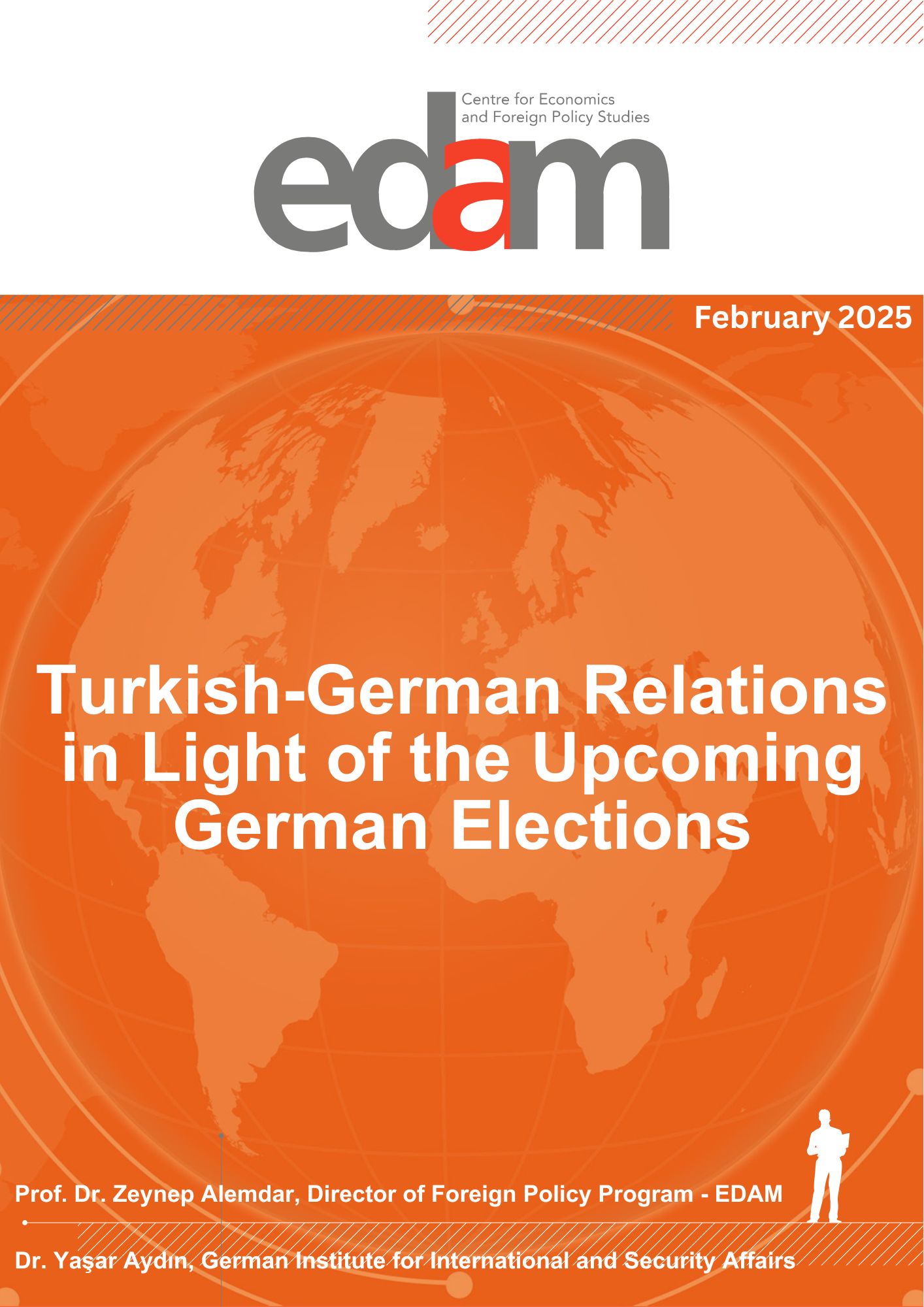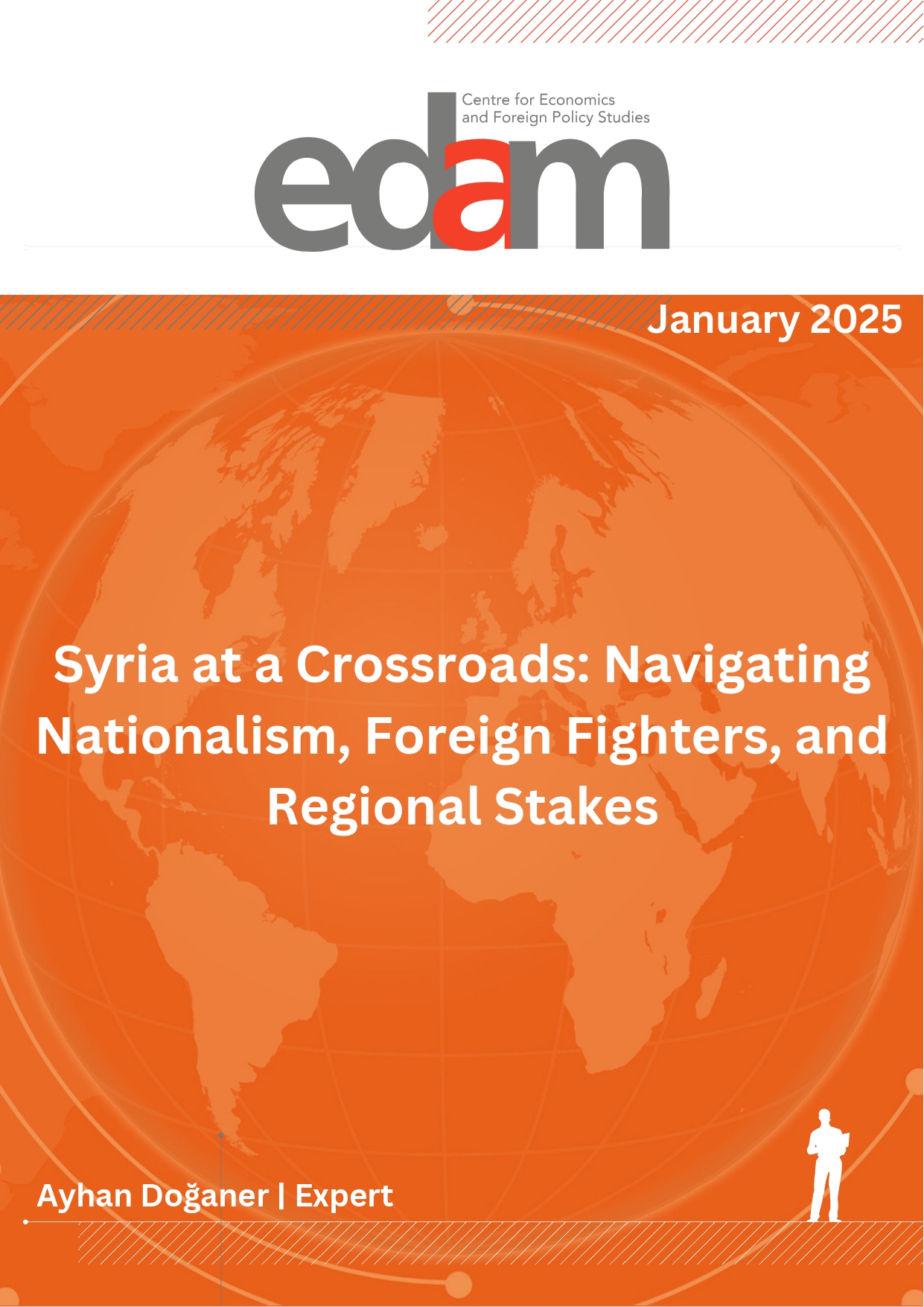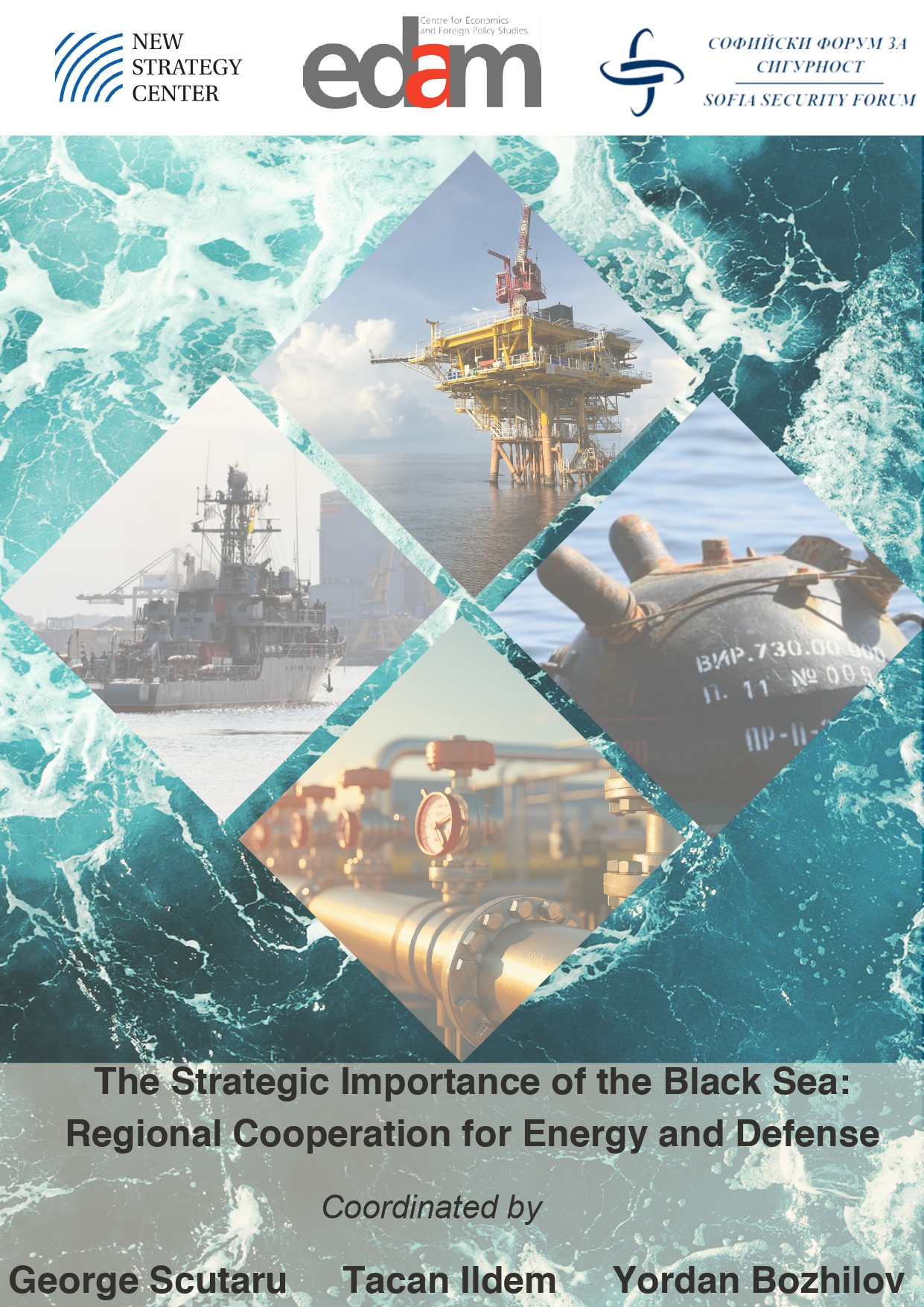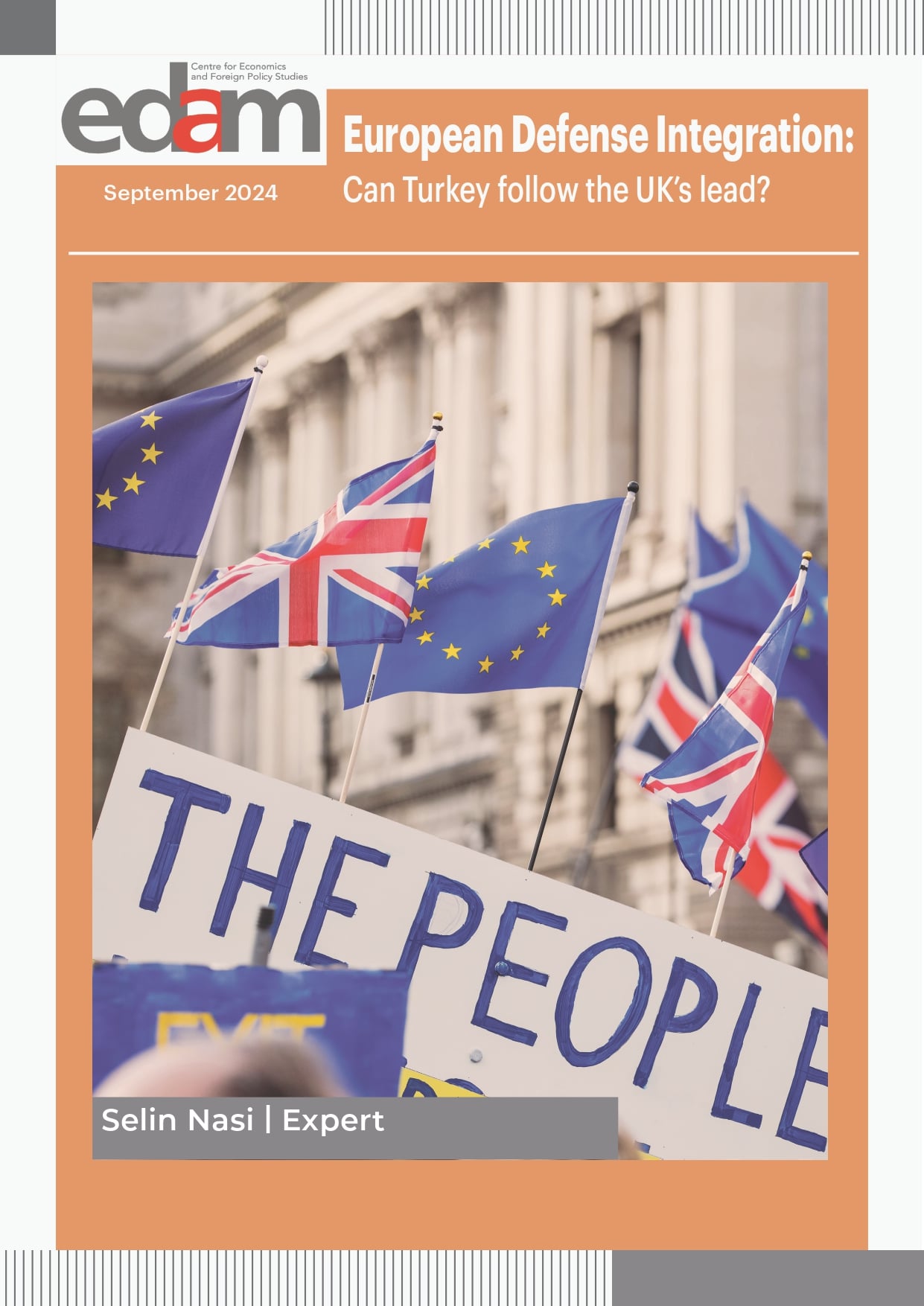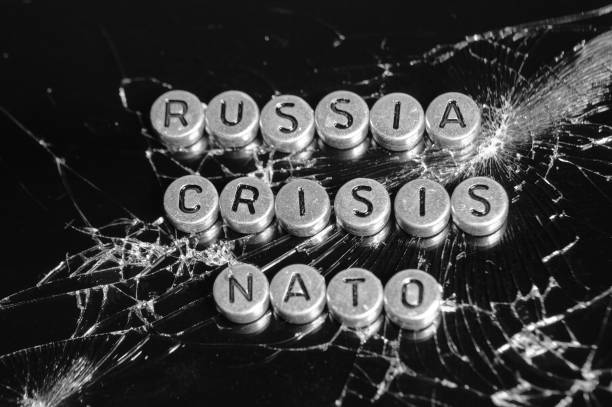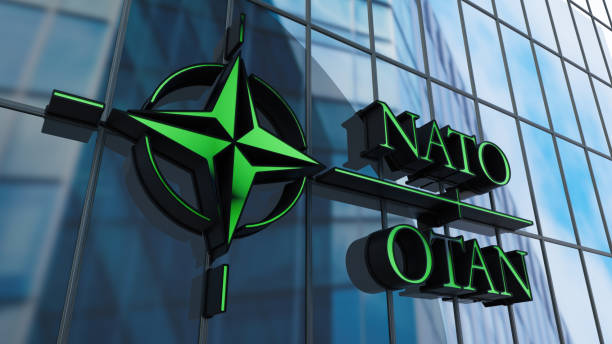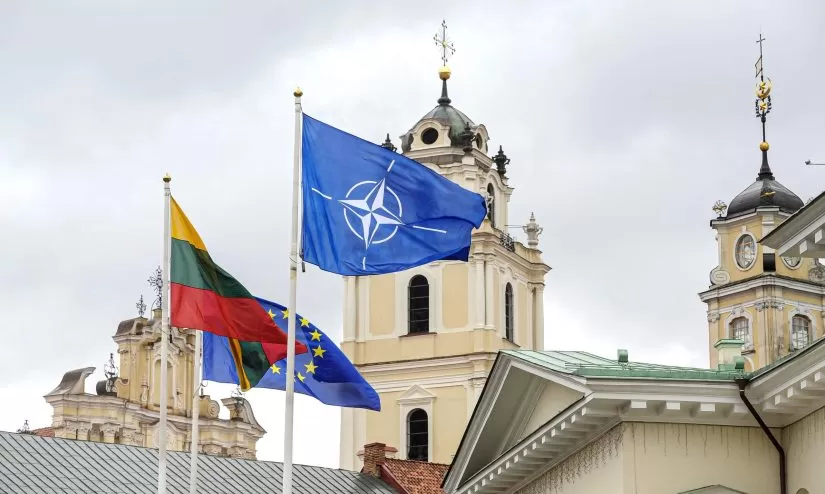
Finland and Sweden on the Ragged Road to Vilnius NATO Summit
TWIST OF FATE
The global security order established after the end of the Cold War suffered a severe blow when Russia occupied and annexed Crimea in 2014 later to be followed by its destabilisation efforts in the Donbas region of Ukraine.
Despite flagrant violation of international law and order the West by and large preferred to display a conciliatory behaviour to address the challenge in Ukraine and rekindled the spirit of the famous Harmel Report adopted in 1967 by NATO to pursue a dual track approach composed of deterrence/defence and dialogue vis-à-vis Russia. This approach was blessed in 2016 at Warsaw NATO Leaders Summit.
The revived formula launched in Warsaw that was inherited from the past simply did not prove to be effective in reversing the flow of events accompanied by the Russian aggressive attitude.
The rifts within the transatlantic community as a result of the unilateral policies introduced by the Trump Administration followed by the chaotic withdrawal of NATO forces from Afghanistan in 2021 and the bitter taste it left among the ranks of NATO, as well as the more visible shift of focus toward the Asia-Pacific region by the U.S. prepared the conducive grounds for Russia to expand its room for manoeuvre in the Euro-Atlantic space. Then came the tsunami again in Ukraine in February 2022 when Russia started its ‘special military operation’ in the Ukrainian theatre.
The second wave of large scale attacks against Ukraine by Russia after 2014 was perceived as a precursor to a ‘death knell’ for many in Europe raising the spectre of a potential widespread war engulfing it.
The ongoing tragedy in the midst of Europe started knocking on the doors of both the governments and populations of Finland and Sweden culminating in their application for full membership in NATO on 18th May 2022.
Just before the membership application of those two important partners of NATO, President Erdogan of Turkey made a statement on 13th May 2022 to the effect that ‘We do not positively look at the membership of these two countries to NATO’. This statement was a game changer in the run-up to the Madrid NATO Leaders Summit in June 2022 in terms of accession of Finland and Sweden to the Alliance and heralded a long and arduous path before they become members of NATO.
A compromise was reached among Turkey, Finland and Sweden on the heels of the Madrid Summit which culminated in the signing of a Trilateral Memorandum on 28th June 2022.
CUTTING THE GORDION’S KNOT?
Turkey’s opposition to the accession of Finland and Sweden to NATO stemmed mainly from two concerns: (1) both countries have been lenient towards PKK and its affiliates operating in their countries as well as the pernicious activities by the organisation ‘described as FETÖ in Türkiye’, to borrow from the wording of the Memorandum; (2) the embargo on defence exports implemented by Finland and Sweden against Turkey since 2019.
It should be evident to all that Turkey is an Ally that has been hardest hit by terrorism since the early 1980s, particularly by PKK and its affiliates operating in the region. This reality has been underlined by the Secretary General of NATO, Jens Stoltenberg, on numerous occasions.
Turkey’s plight has been exacerbated by the civil war that still rages in Syria and the influence of PYD/YPG, both affiliates of PKK in Northern Iraq, focused on the Eastern parts of the Euphrates.
Terror attacks staged by PKK and its collaborators in Turkey are a grave cause for concern in terms of Turkey’s vital security interests. And this perception has been widely supported by the great majority of Turkish citizens and political parties. This reality must be recognised by all Allies and would-be Allies.
From a broader perspective, it must also be recognised that NATO’s new Strategic Concept of 2022 defines terrorism as the most direct asymmetrical threat for the security of Allies. Based on this fundamental premise and the undeniable sensitivity across the board in Turkey toward the fight against terrorism in all its forms and manifestations, Turkey’s position on the accession of Finland and Sweden in NATO is a result of its own legitimate security concerns predicated on the threat assessment by NATO’s new Strategic Concept.
Under such parameters Turkey believes that it is incumbent on Finland and Sweden to fulfill their obligations in earnest in the implementation of the Trilateral Memorandum as it pertains to the fight against terrorism which is an existential threat not only for Turkey, but for all Allies.
It is a commonly held view in Turkey that throughout decades those who are affiliated with PKK, which is listed as a terrorist organization both by the U.S. and the EU, found a safe haven especially in Sweden.
The involvement of PKK and its supporters in organized crimes like money extortion, arms smuggling, and drug trafficking throughout Europe should be construed as a serious threat not only for Turkey, but also for the public order and security of especially Allied countries and those aspiring to be full-fledged members of the Alliance.
The Trilateral Memorandum not only sets out a number of obligations which should guide the two aspirant Nordic countries in their efforts against terrorism, but also provides a Permanent Joint Mechanism for cooperation amongst Turkey, Finland, and Sweden.
The legislative amendments enacted by both Finland and Sweden, including the changes made in the Swedish Constitution, that are designed to strengthen their fight against terrorism, are certainly welcome developments. Now is the high time to implement them in full both in the executive and legislative domains to meet the concerns of the Turkish public at large.
Putting into practice the amended provisions of the laws introduced anew in both Finland and Sweden should also apply to the extradition of those individuals ‘in affiliated and inspired groups or networks linked to the terrorist organisations’ active in both countries as per the Trilateral Memorandum. This is a clear obligation undertaken by both Sweden and Finland.
Turkey’s track record explicitly demonstrates that it has always been an ardent supporter of NATO enlargement for countries which are able and willing to contribute to Euro-Atlantic security, and ready to serve the fundamental principle of the indivisibility of security.
There is no doubt that Sweden and Finland are considered, also by Turkey, as NATO’s important partners and their accession in NATO will certainly boost their security as well as the Euro-Atlantic security in this extremely challenging period. Nevertheless, increase in the security of these countries should not be at the expense of any Ally such as Turkey.
The official visits last year of both Swedish Prime Minister Kristersson and Foreign Minister Billström and their engagement with their Turkish counterparts took place in a cordial and constructive atmosphere. A positive mood transpired following those visits with a view to finally cutting the Gordion’s knot in terms of the ratification of the accession protocols of both Nordic countries by the Turkish Grand National Assembly.
As things are perceived to be proceeding in the right direction, there has been a sudden shift of events that took place in Sweden which turned the tide against Parliamentary ratification towards the end of January 2023.
A far-right marginal politician, a fascist and racist in essence with nebulous links both in Sweden, Denmark and elsewhere, sailing from Denmark and carrying also the Swedish nationality burnt a Quran in front of the Turkish Embassy in Stockholm. An uproar was inevitable in Turkey and it did happen casting the ratification of accession protocols into serious jeopardy.
This tragic and provocative incident happened at a time when Presidential and Parliamentary elections have loomed large over the horizon in Turkey. The deliberate provocations both by far-right figures and PKK supporters put a real dent in taking the ratification process forward. Now there is a stalemate and all political actors either in power or in opposition need a pause for the dust to settle.
PREDICAMENT BEFORE THE NATO VILNIUS SUMMIT
The conundrum that emerged as a result of a series of provocative acts perpetrated in Stockholm, which not only put in jeopardy the ratification of Sweden’s accession protocol to NATO by the Turkish Parliament, but also presents a challenge both for the Swedish Government and society at large posed by those Swedish political extremists opposing Sweden becoming a full member of NATO.
The challenge now faced is that it has become a subject for politicking and electioneering in Turkey, not to mention its politicking and legal aspects particularly in Sweden.
From a legal point of view what has been committed in Sweden cannot simply boil down to ‘freedom of expression’. This natural right should be judged against the clear obligation of Governments to ensure upholding full respect for the religious beliefs and freedoms of those law-abiding members of society with a different religious background. Their rights cannot be put on the sole altar of ‘freedom of expression’ designed to denigrating the religion they confess. This point is well reflected in the decisions taken by the European Court of Human Rights.
The accumulating obstacles in the path to membership caused by events in Sweden may lead Finland to seek accession alone, although not its preferred option. This eventuality may also give Turkey the opportunity to show to its fellow NATO Allies that it considers individual applications on their own merits and may ratify Finland’s accession protocol, as has recently been hinted by President Erdoğan. This would, of course, be rather unfortunate given the package approach followed from the outset.
It is equally unfortunate that Turkey decided to suspend the functioning of the Permanent Joint Mechanism established by the Trilateral Memorandum. Eradicating the grounds for diplomacy and legal acts are a non-starter, particularly in times of such challenges.
Every side concerned should now endeavor to revive the relevant provisions of the Trilateral Memorandum, current conditions permitting, such as benefitting from the ‘necessary bilateral legal frameworks’, another clause used in the Memorandum, to also address the legal aspects of the recent provocative acts committed in Sweden without delay.
Each concerned party should take the initiative at an opportune moment to re-initiate the functioning of the Permanent Joint Mechanism, now stalled, to surmount the complexities involved, including the recent despicable acts that poisoned the atmosphere of trust among Turkey, Sweden and Finland.
To overcome the serious obstacles faced, bilateral consultations should take place between the relevant Ministers to be accompanied by their face-to-face meetings in multilateral frames.
Inter parliamentary contacts should be rescheduled when there is cooling of minds and emotions in the three countries. Reciprocal exchange of visits of the representatives of the judicial bodies of the countries concerned could also be contemplated in this process.
The authors of this article are fully aware of the deep-rooted principle of separation of powers both in Finland and Sweden. That said, the documents signed by the Governments and the legal amendments introduced in Sweden and Finland designed for fighting terrorism on stronger legal grounds are also binding on the judicial organs of those two countries. This is valid without prejudice to them (i.e.judicial organs) complying with the European Convention on Extradition, as stipulated in the Trilateral Memorandum.
What we observe is that out of frustration of not seeing the process to yield the desired outcome, there is a growing sense of irritation in the Western capitals that choose to level criticisms only against Turkey. However, what they need to recognize is the fact that the membership application of these two Nordic countries is being treated in an exceptionally fast-track accession process . It could be argued that the different prevailing security environment with an ongoing war in the middle of Europe necessitates such an expeditious approach. Nevertheless, the proponents of this view should not forget that accession to any organization usually takes considerable time. We are not suggesting the necessity of a long period to finalize the accession of Finland and Sweden, but let us not forget that for the resolution of the so-called “name issue” it was Greece that blocked the membership of North Macedonia for twelve years, which was accepted as a cause of realpolitik with the utter silence of the majority of Allies.
There is much to gain for all three countries to enjoy the benefits of an enhanced Euro-Atlantic security to include Finland and Sweden as Allies in NATO, certainly in full respect for the cardinal principle of indivisibility of security for all Allies. To attain this goal a new vigor to reignite the stalled process of ratification is needed to finalize the process, realistically after the elections in Turkey, and certainly before the Vilnius Summit.
